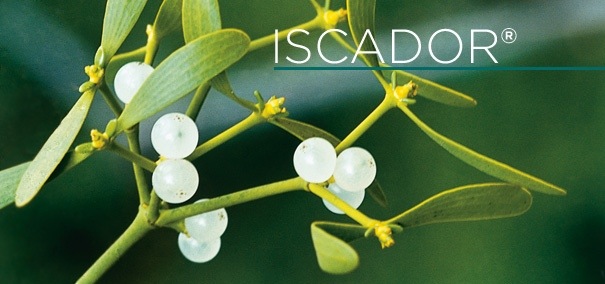I have been taking mistletoe injections for over 2 months. One injection every 2 days. Specifically I am taking Iscador QU and about to start on series 2.
The doses start with series zero, which is a low starting dose. The dosing depends on the local immune reaction. The expected reaction is redness, swelling, itching. I also had a hard lump develop around the injection area with lots of pain. Once the body develops a tolerance to the mistletoe antigens, the dose is increased. There are 4 series and each series has stronger concentrations. Once series 3 stops evoking a local response, a different type of mistletoe is used.
The theory behind mistletoe is to stimulate the immune system. The hope is that just like with Coley’s toxin, the immune reaction it causes, will in some patients at least, translate to the cancer cells. I am not sure that I believe this claim however (taken from the manufacturer’s site). You can multiply the various white blood cells as much as you like, but if they do not recognize the cancer cells, it will make no difference. Still during chemotherapy at least, stimulating the immune system is a good thing in my view, even though it may have no impact on cancer cells.
I had very mild local reactions to Iscador, up until my dry fast. About half way into the fast, the local reactions increased dramatically. Lot of swelling, redness and the injection sites developed hard lumps that were extremely painful to the touch. This reactions lasted for about ten days after the fast, then virtually disappeared with new Iscador injections causing virtually no localised immune response since. The reaction during and following my fast were reflected in my blood test. My Neutrophil and eisinophil counts more than doubled. It would appear that as predicted, the immune system is much stronger during fasting when the body is not burdened with digestion, which is a very energy intensive process. I am now seriously considering repeating the fast just after I receive my first dendritic cell vaccine in a couple of weeks from now, to ensure that my immune system is as strong as possible.
About 1000 in vitro studies have shown that mistletoe or its main constituents (alkaloids, lectins, and viscotoxins) do have anticancer activity, however many plants have some sort of anticancer activity, so this in itself is not unusual.
In Australia, Iscador can be ordered from New Zealand. In the US, the FDA has not approved mistletoe as a treatment for cancer or any other medical condition and does not allow injectable mistletoe to be imported, sold, or used except for clinical research.

